
|
|
# 2023 Farming Secure Water |
|
Farming Secure Water explores the challenges of water management at household level, by pioneering solar water disinfection techniques integrated into building facades for sustainable processing. One in four people live in informal settlements, predicted to rise to one-third by 2050. Additionally, over 40% will reside in water-stressed areas by then. Addressing water security necessitates a decentralised approach, leveraging edible plants and aquaculture for water management, purification, and the production of building materials at a local level.

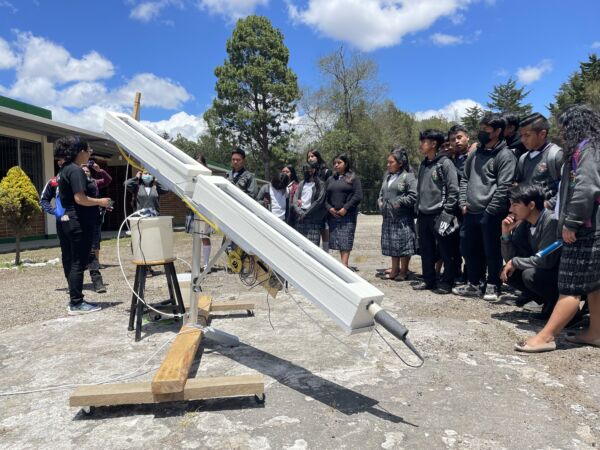

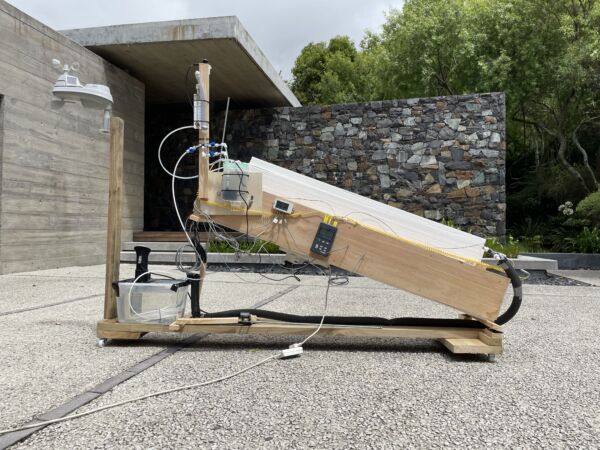
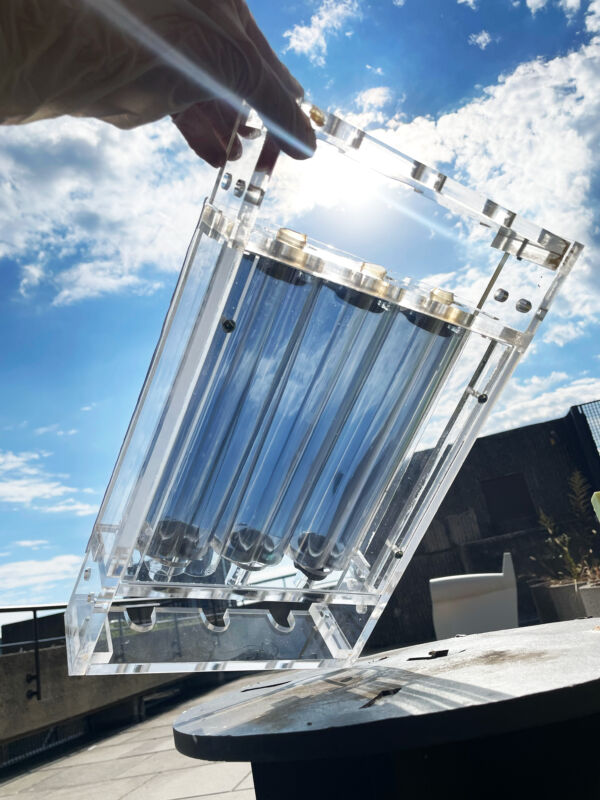
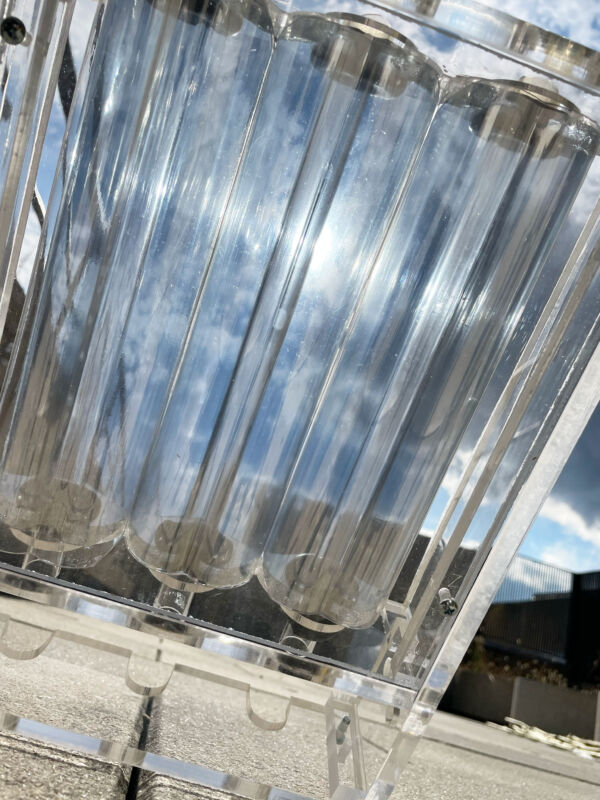

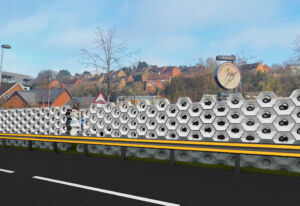
Revolutionising biomass production by turning noise into growth

Bio-based polyurethanes to replace harmful petrol-plastics

Mycelium blocks for temporary architecture solutions and prototyping
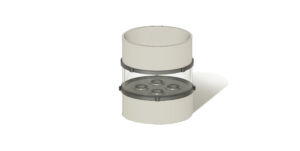
Universidad Autónoma de Nuevo León
Bioengineering solution to detect and degrade air pollution